The second round of Romania’s presidential election brought a surprise: Nicusor Dan, the independent mayor of Bucharest, defeated the right-wing George Simion with 53.6% of the vote. Voter turnout was exceptionally high at 64.72% – a level of mobilization not seen in the country in over thirty years.
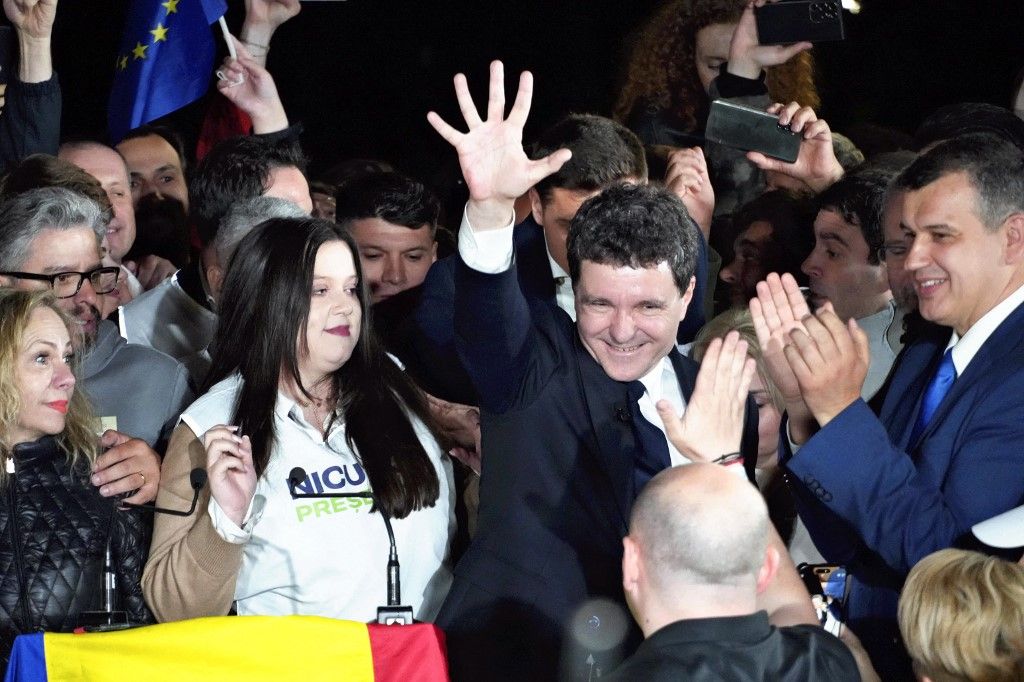
The power ranking changed radically compared to the first round,
said Matyas Szilagyi . He attributed this shift to extraordinary mobilization efforts.
The Democratic Alliance of Hungarians in Romania (RMDSZ/UDMR) also mobilized its voters with strong determination. Compared to the first round, about 200,000 more Hungarians voted in the second round, totaling approximately 600,000 Hungarian voters participating in the election.

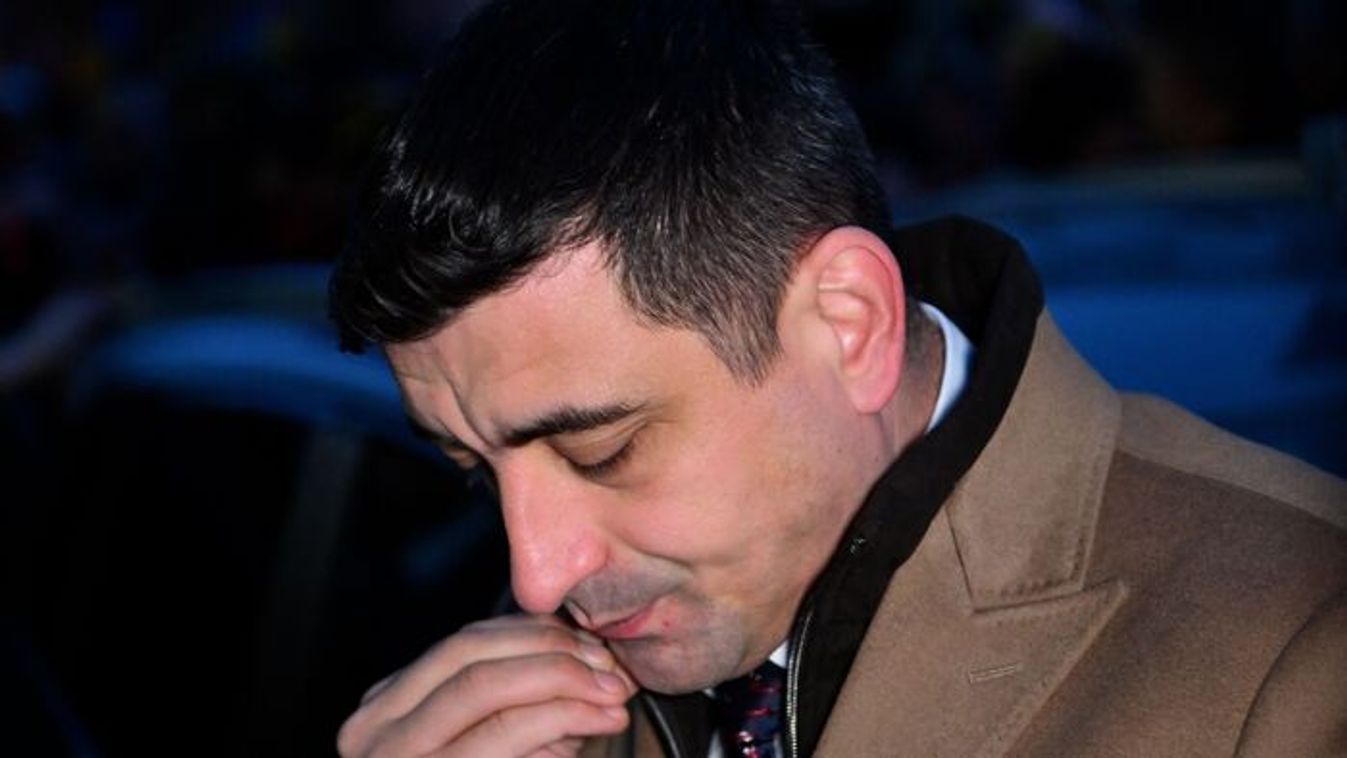
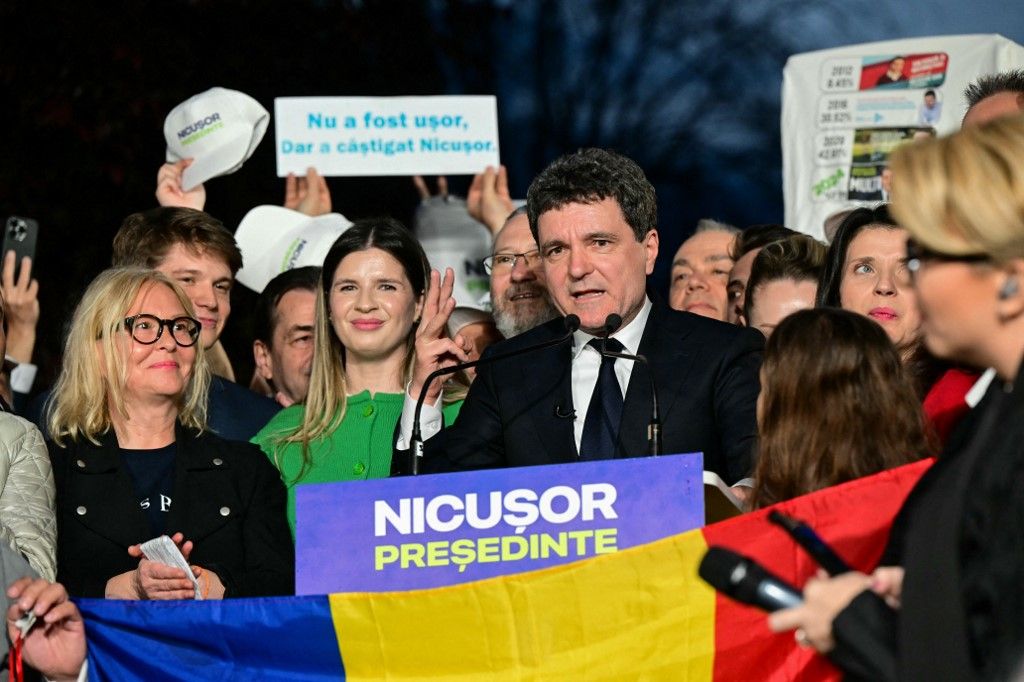





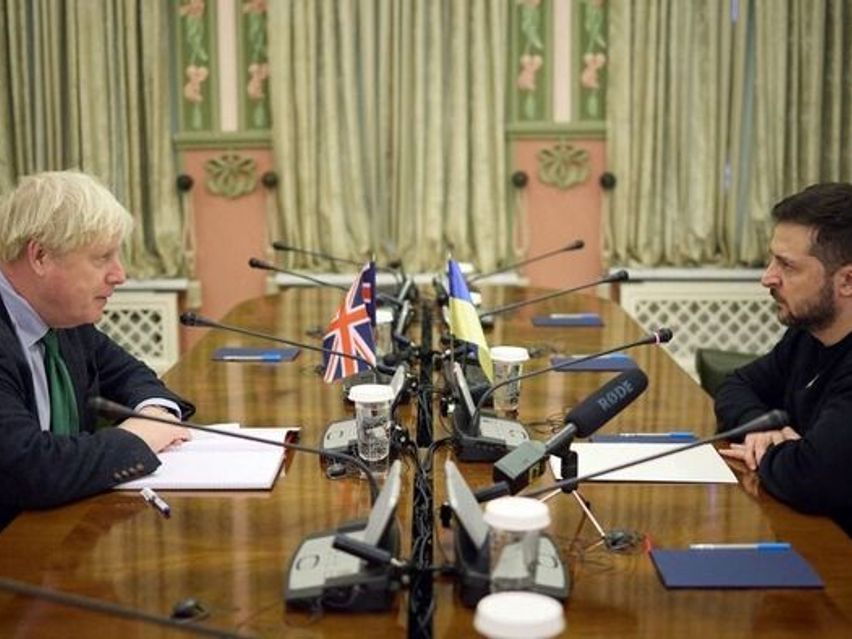
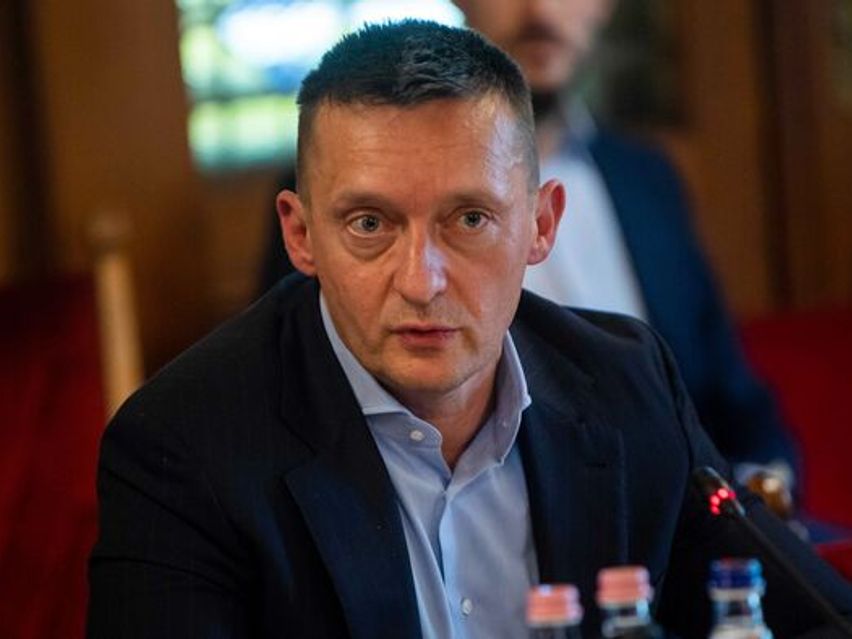
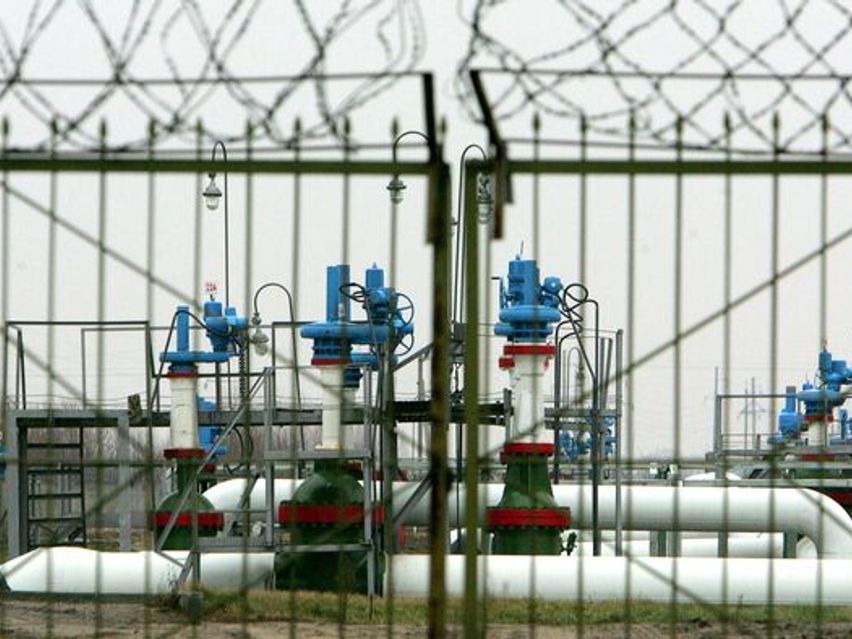






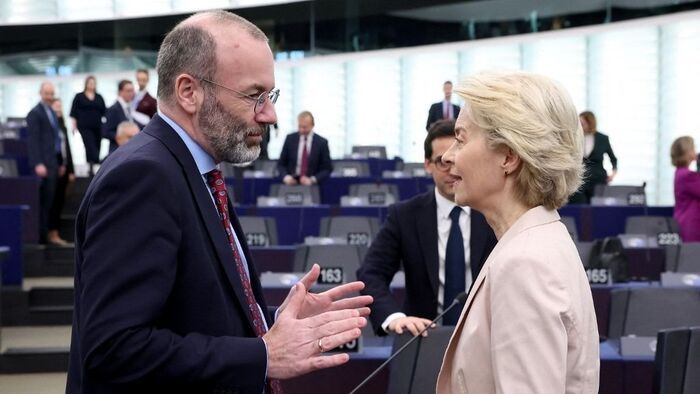
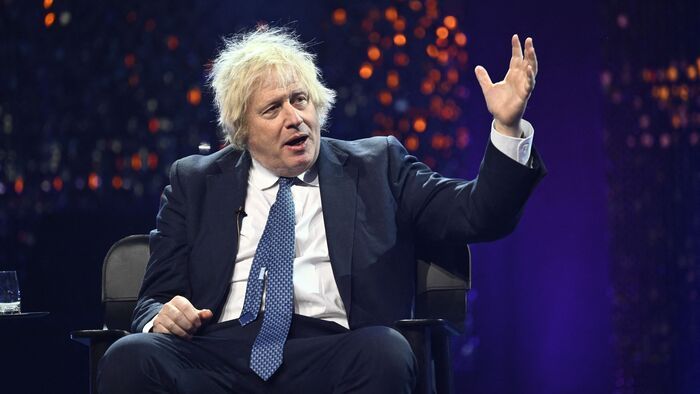
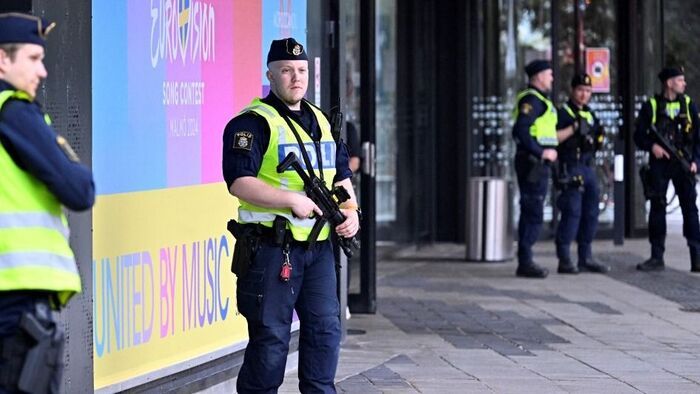





Szóljon hozzá!
Jelenleg csak a hozzászólások egy kis részét látja. Hozzászóláshoz és a további kommentek megtekintéséhez lépjen be, vagy regisztráljon!